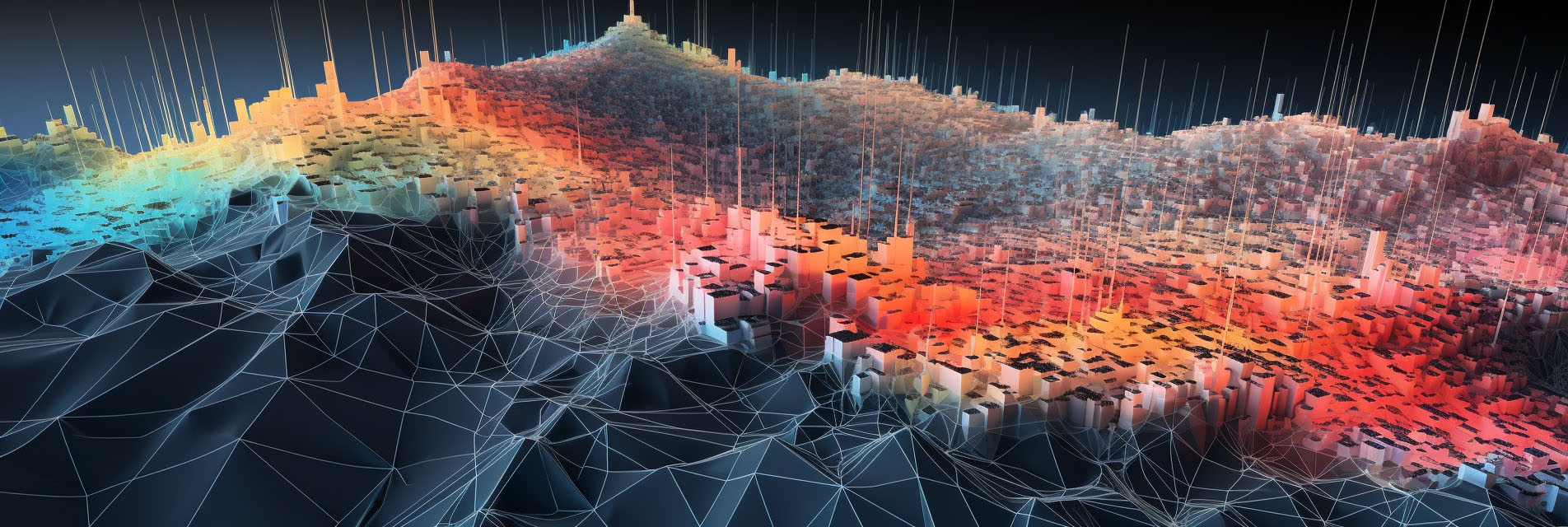

70% accuracy a week out
Predicting earthquakes has historically been a significant challenge for scientists. Earthquakes are complex phenomena influenced by myriad factors, including the intricate dynamics of tectonic plate movements, subsurface geology, and accumulated stress along fault lines. Traditional methods have relied on studying historical patterns, monitoring seismic activities, and understanding geological formations, but predicting the exact time, location, and magnitude of an impending earthquake has remained elusive. While seismologists have made strides in identifying areas at risk and potential seismic windows, providing precise and timely warnings has been an uphill battle due to the inherent unpredictability and complexity of the variables involved.
However, the advent of artificial intelligence (AI) is shedding new light on this age-old challenge. With its capability to analyze vast datasets rapidly and discern intricate patterns, AI offers the potential for improved earthquake predictions. Machine learning algorithms, a subset of AI, can be trained on extensive seismic data, allowing them to identify subtle precursors or correlations that might be overlooked by human analysis. For instance, researchers have begun utilizing neural networks to detect seismic signals that precede a quake, offering a promising avenue for early warnings. Additionally, AI-driven simulations can model the behavior of tectonic plates under various scenarios, enhancing our understanding of potential trigger points. While we are still in the early stages, the integration of AI into seismology offers hope for more accurate, timely, and actionable earthquake predictions in the future.
Announced October 5, 2023, researchers at the University of Texas developed an AI algorithm that successfully predicted 70% of earthquakes in China a week before they occurred during a 7-month trial. The AI was trained on statistical patterns in past seismic data paired with actual quakes. It then listened to real-time rumblings to forecast quakes within 200 miles at the expected magnitude. Though not yet reliable worldwide, the 70% accuracy is a milestone for AI earthquake prediction.
The UT team won an international competition in China with their AI design. Lead researcher Yangkang Chen says predicting quakes is an "impossible problem" but their results show it may be solvable. Their method used a simple machine learning approach, training the AI on a seismic database. With robust monitoring like in California and Texas, the AI could further improve and narrow location predictions.
Next steps are testing the AI in Texas with TexNet's seismic network. The goal is to eventually combine data-driven AI with physics models to create a generalized system. Though difficult, advances like this AI are moving earthquake forecasting forward. This could minimize harm by improving preparedness. The breakthrough shows AI holds promise for this intractable problem.
Webdesk AI News : AI Earthquake Prediction, October 5, 2023